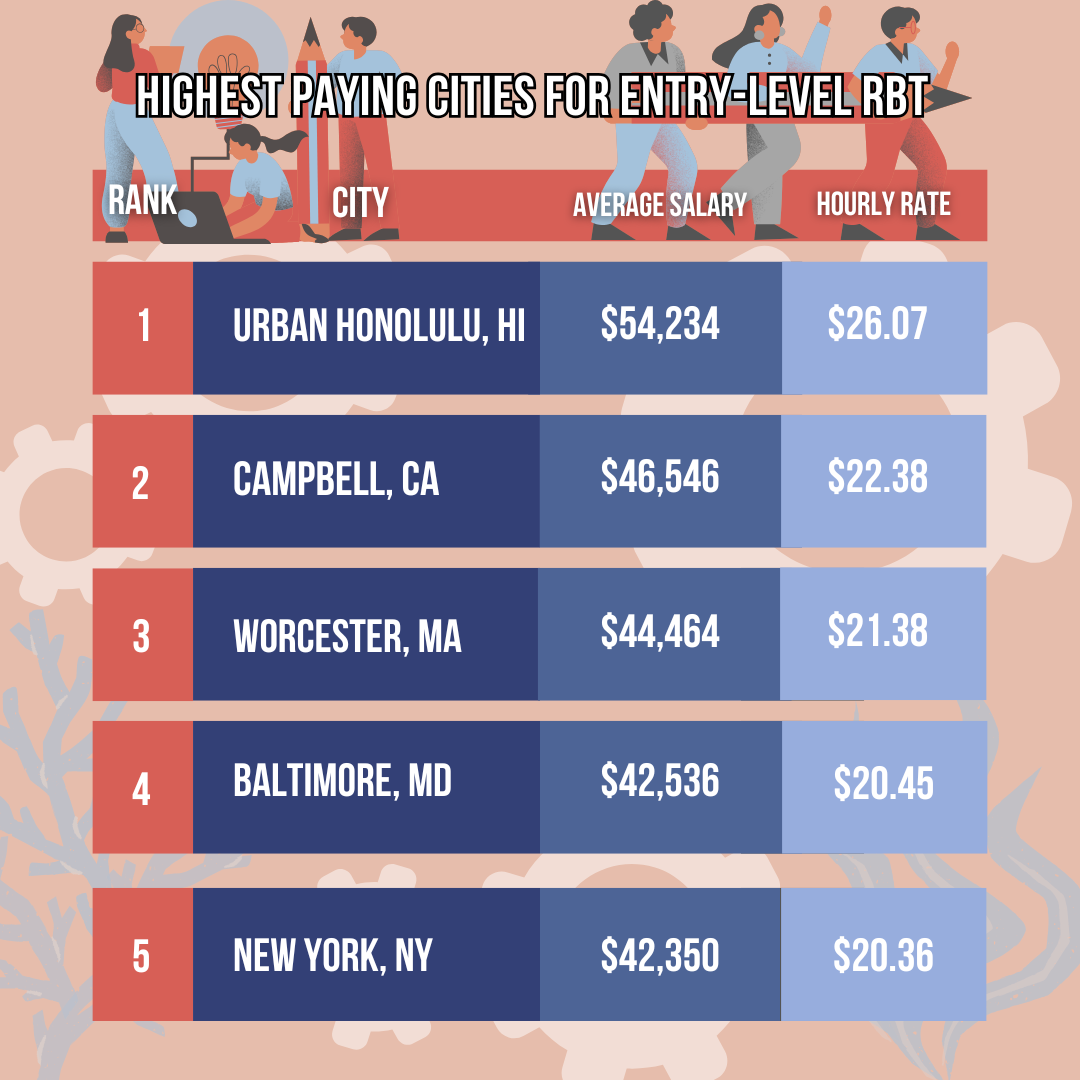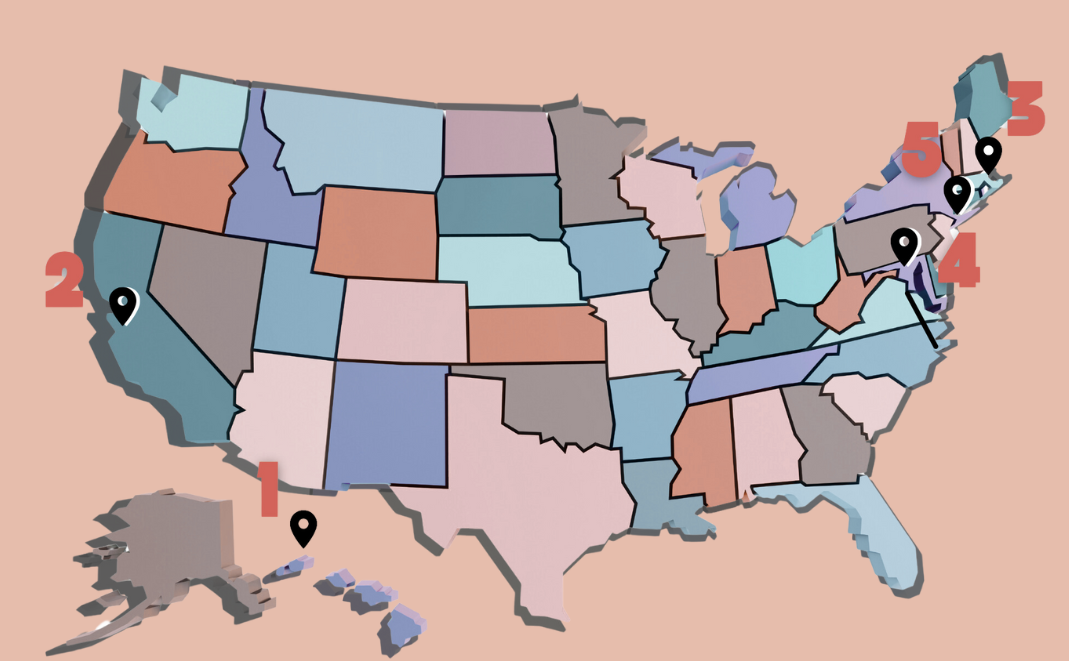Choosing a career isn’t just about earning a paycheck—it’s about finding fulfillment, purpose, and opportunities for growth. For those considering becoming a Registered Behavior Technician (RBT®), the question often arises: Is it worth it? The answer lies in understanding the unique rewards and challenges of this role. Let’s dive into why many find this career worthwhile and the factors you should weigh before making a decision.
How much does an RBT® make?

As of Nov 7, 2024, the average hourly pay for a RBT® in the United States is $27.24 an hour. According to ZipRecruiter (2024), hourly wages as high as $43.27 and as low as $13.94, the majority of RBT® wages currently range between $20.43 (25th percentile) to $33.41 (75th percentile) across the United States. The average pay range for a RBT® varies greatly (by as much as 12), which suggests there may be many opportunities for advancement and increased pay based on skill level, location and years of experience.
Can you make good money as an RBT®?
“Good” is very subjective. Salaries for RBTs vary depending on factors like location, experience, and employer type, but here are some general trends:
- Starting Salary: Entry-level RBTs in the U.S. typically start at around $20 per hour, which can amount to about to $41,600 annually for full-time positions.
- Experienced RBTs: With a few years of experience, RBTs can see hourly wages increase to about an average of $25 per hour, especially if they work in areas with high demand or in school systems, hospitals, or private clinics. This could translate to annual salaries closer to around $52,000.
- Opportunities for Growth: While the RBT® credential itself has a salary cap, advancing in the field to positions like Board Certified Behavior Analyst (BCBA) or obtaining other certifications can lead to higher pay. BCBAs, for example, can earn significantly more, often starting at $80,000 to $100,000+ per year.
- Bonuses and Overtime: Some employers offer bonuses, incentives, or overtime pay, especially for RBTs working with high-need clients or in understaffed areas, which can increase annual earnings.
- Work Settings: The setting also matters. RBTs in schools, private practices, or hospitals might have better benefits and pay compared to those in home health care or independent contractors.
So back to the main question...Is becoming an RBT® worth it?
Guaranteed Security using one of the most advanced encrypted systems on the market.
The information in this page is being processed and encrypted securely using industry-leading encryption and fraud prevention tools.

